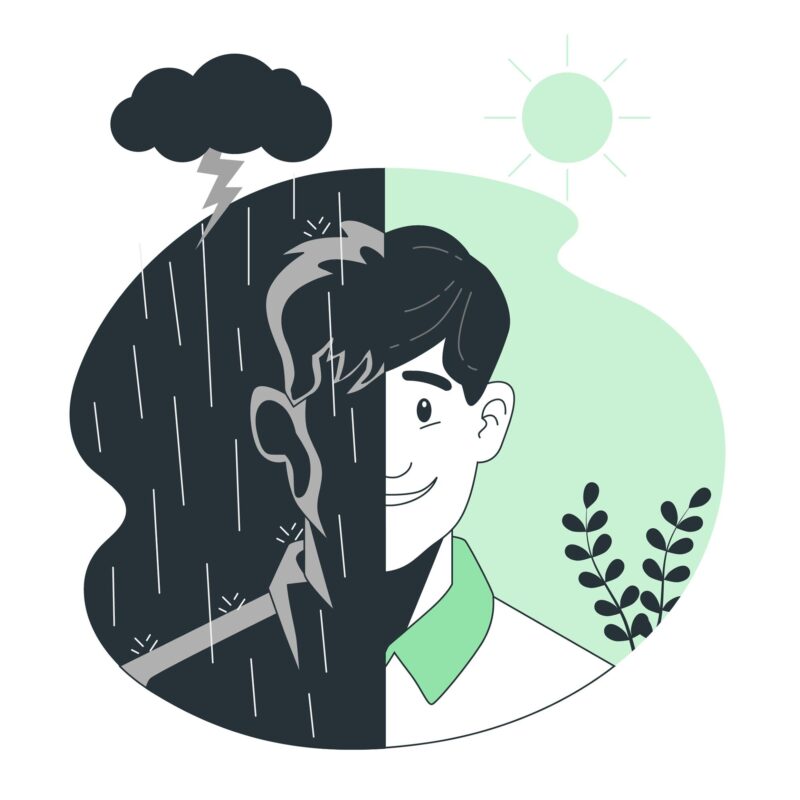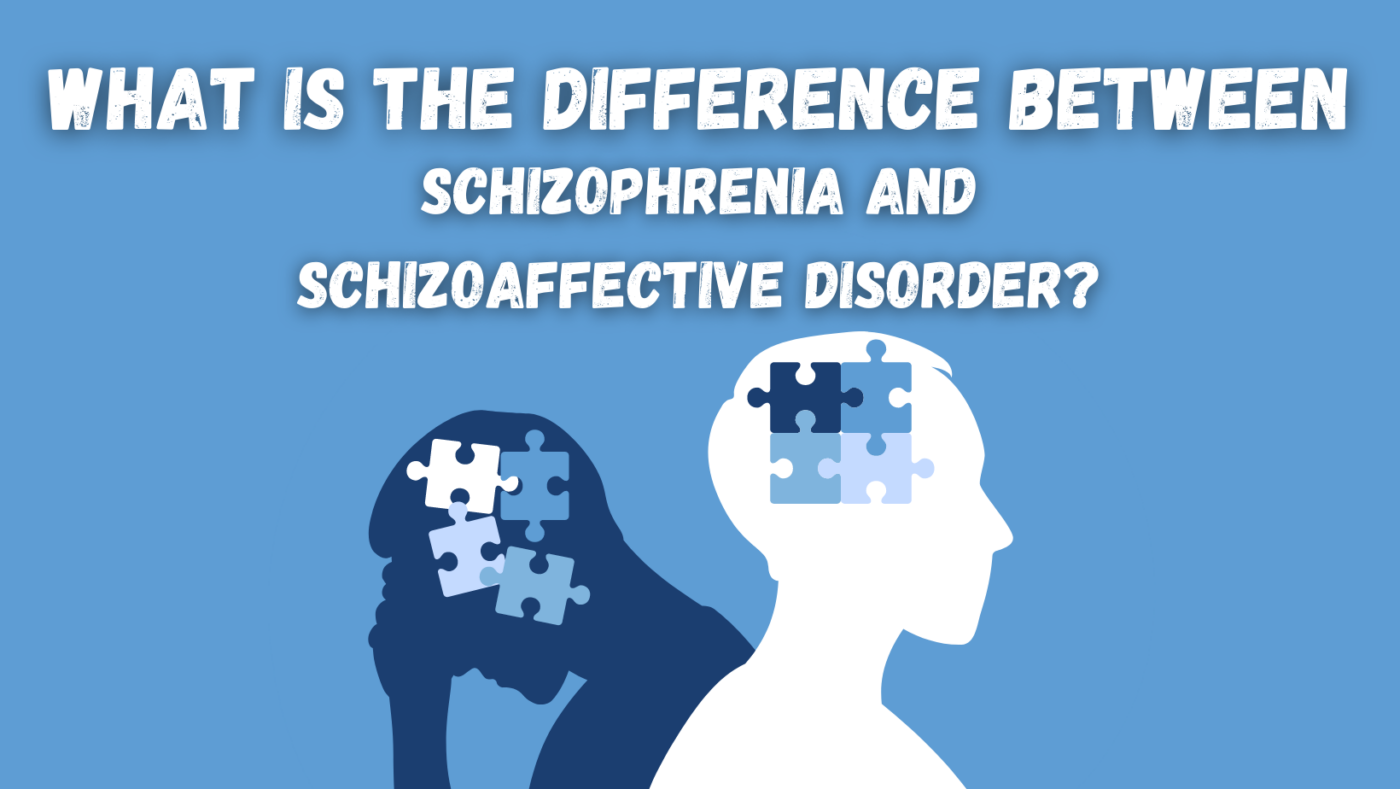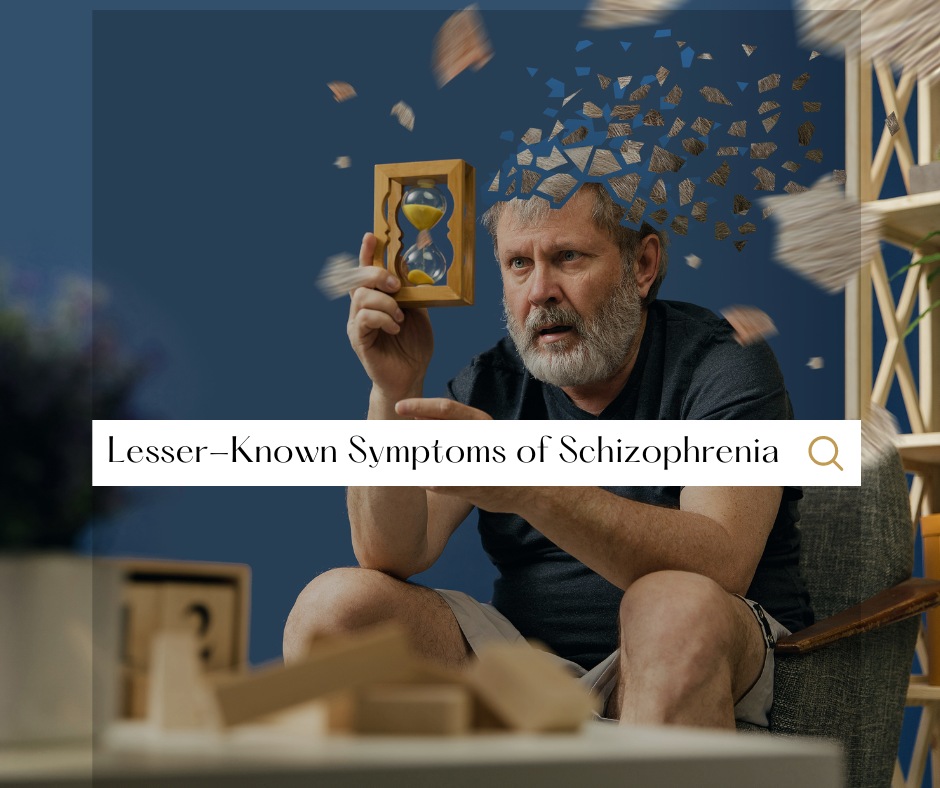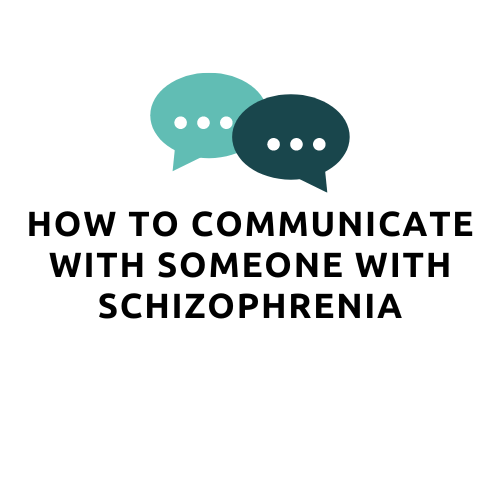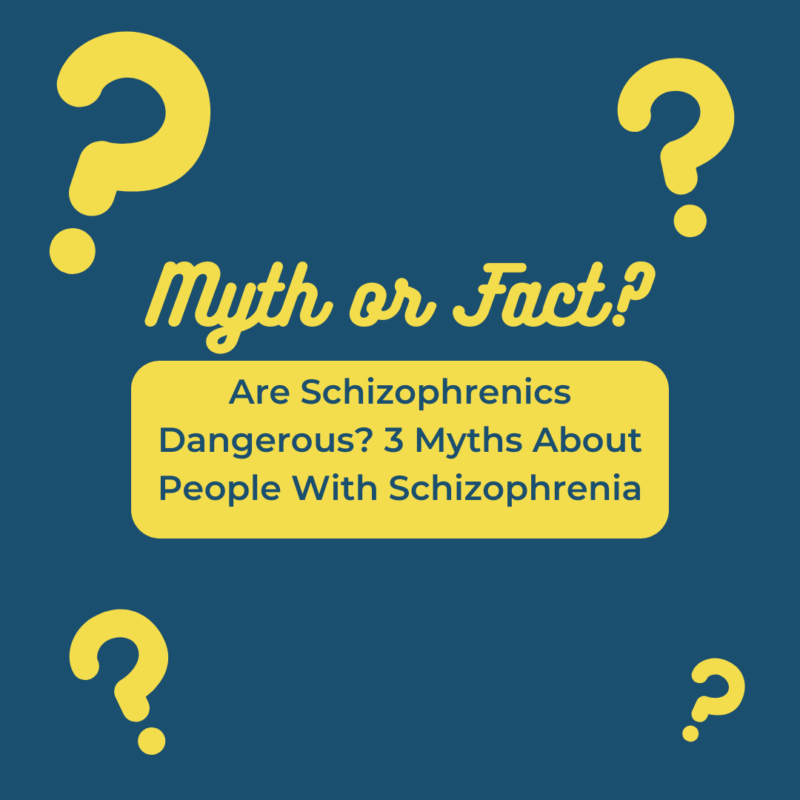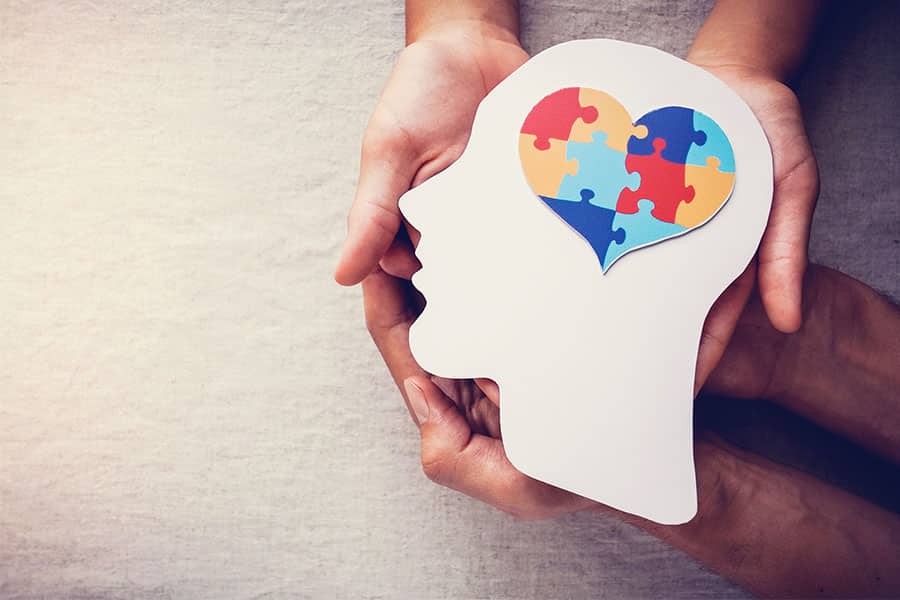Finding the right doctors who treat schizophrenia near me can be a daunting task. It’s important to find a doctor who is knowledgeable and experienced in treating this condition, as well as someone who is compassionate and understanding. That’s why it’s important to take the time to research and find the best doctors who treat […]
Tag Archives: Schizophrenia
Schizophrenia is a mental health disorder that can alter your perception of sight and sound. Early diagnosis of schizophrenia leads to more favorable treatment outcomes. By knowing what to expect during the early stages of schizophrenia, you can learn the signs for when it is time to see a doctor for treatment. Early Warning Signs […]
Recent studies have shown a link between autism and schizophrenia, but understanding how these two disorders interact is still a mystery to many. However, it is imperative for individuals struggling with schizophrenia and autism to learn what the symptoms look like and how to cope with them. That way, they can begin their healing journey […]
There are many types of medication for individuals with schizophrenia, and with the advancement of medical technology, these medications are becoming more streamlined. Lurasidone is a type of antipsychotic medication approved for schizophrenia treatment in 2010 by the Food and Drug Administration (FDA). Despite being out for a decade, many still are not sure of the […]






